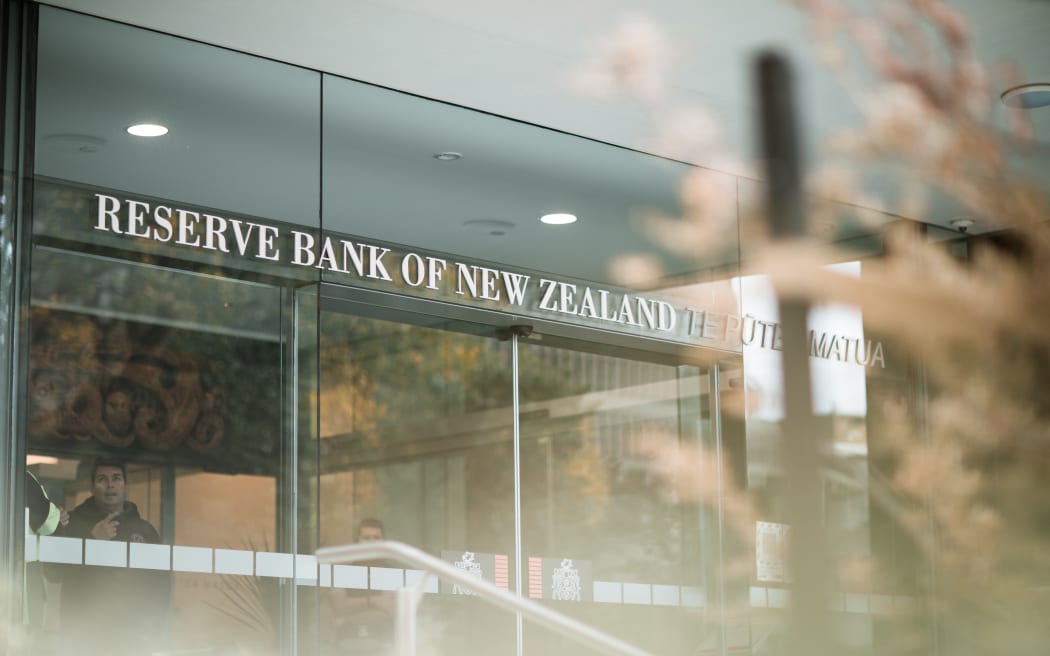
The second round of public consultation on RBNZ's five-yearly review of its remit will be concluded by early next year. (file photo) Photo:
The Reserve Bank (RBNZ) has received calls to place greater emphasis on price stability and ignore climate change when making decisions about monetary policy.
The RBNZ has just released a summary of submissions from the first round of public consultation on its five-yearly review of its remit.
Its remit currently requires the Monetary Policy Committee to keep annual inflation between 1 and 3 percent, support maximum sustainable employment, and consider how its decisions will affect the rest of the financial system.
"We were pleased with the feedback received," RBNZ chief economist Paul Conway said.
"Written submissions and workshops with people across New Zealand helped us understand the public's considered and informed perspectives on a range of issues, including inflation and unemployment."
The summary of submissions shows many respondents thought price stability should be given a higher weighting in the RBNZ's remit or that the current employment objective should be scrapped altogether.
"Some reflected a view that monetary policy is best suited to dealing with inflation over the long run, and that maintaining price stability is the best contribution monetary policy can make to wellbeing (including to employment)."
There was also the view that the "maximum sustainable employment" objective was "ambiguous, distracting, or hard to measure and monitor".
Support for the employment mandate tended to come from unions and the wider public, although it was not exclusive to these group, the summary said.
When the Reserve Bank launched the review of its remit in June, it said it wanted to hear the public's views on a range of issues, such as whether the central bank should consider climate change, inequality and house prices in monetary policy decisions.
The summary of submissions found "a significant majority" thought climate change should not be included in any future remit.
"Some respondents specified that climate change is better dealt with by the government and fiscal policy, while one believed that financial decision-making regarding climate change is best left to the private sector and capital markets," the summary said.
"On the other hand, several respondents from the general public supported consideration of climate change in the remit, noting the importance and breath of the climate change challenge."
There was not much support for including house price sustainability in the remit but there was a strong suggestion it should be considered in wider decision-making by the RBNZ.
Inequality did not get much of a look-in, with respondents saying the problem was best addressed by fiscal policy.
The second round of consultation will be concluded by early next year.
The full summary of submissions can be found here.






